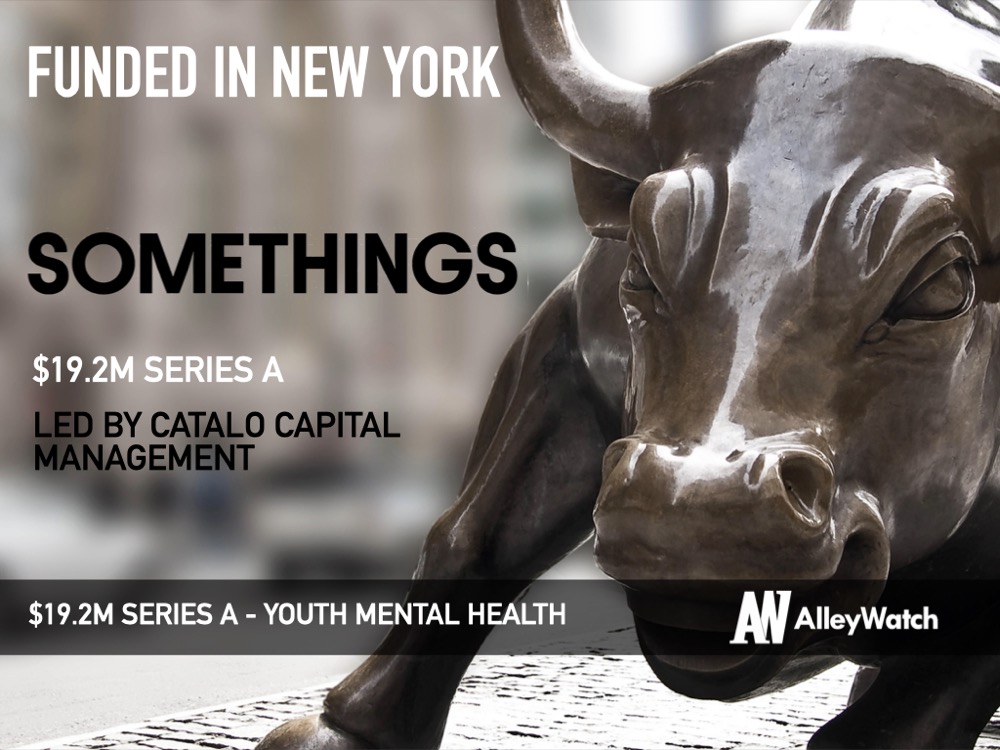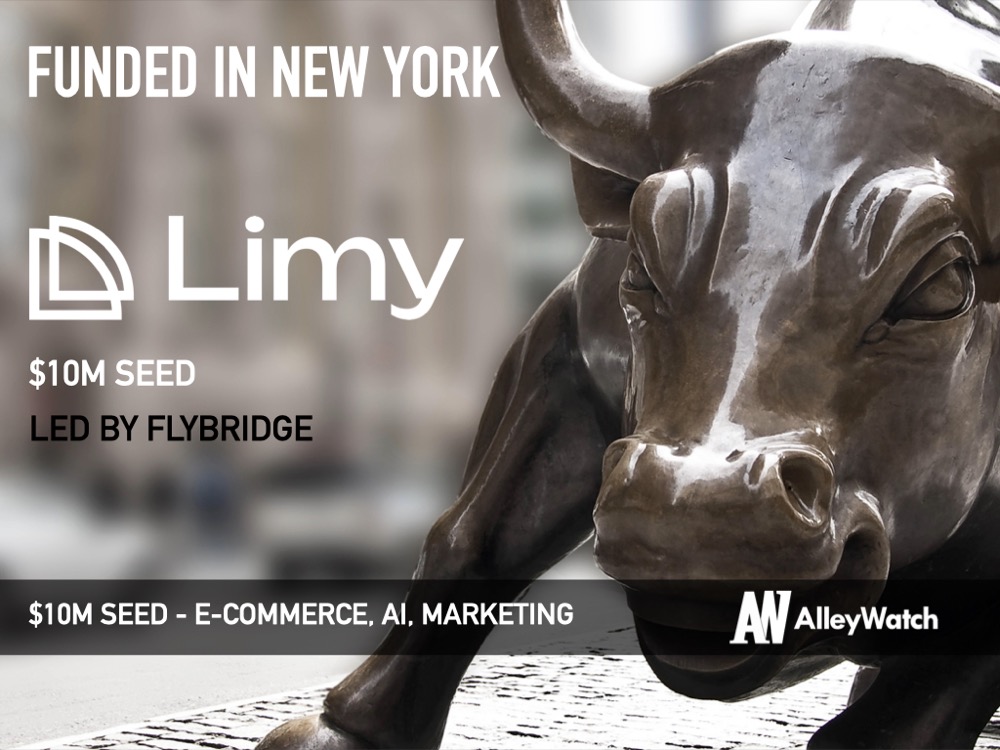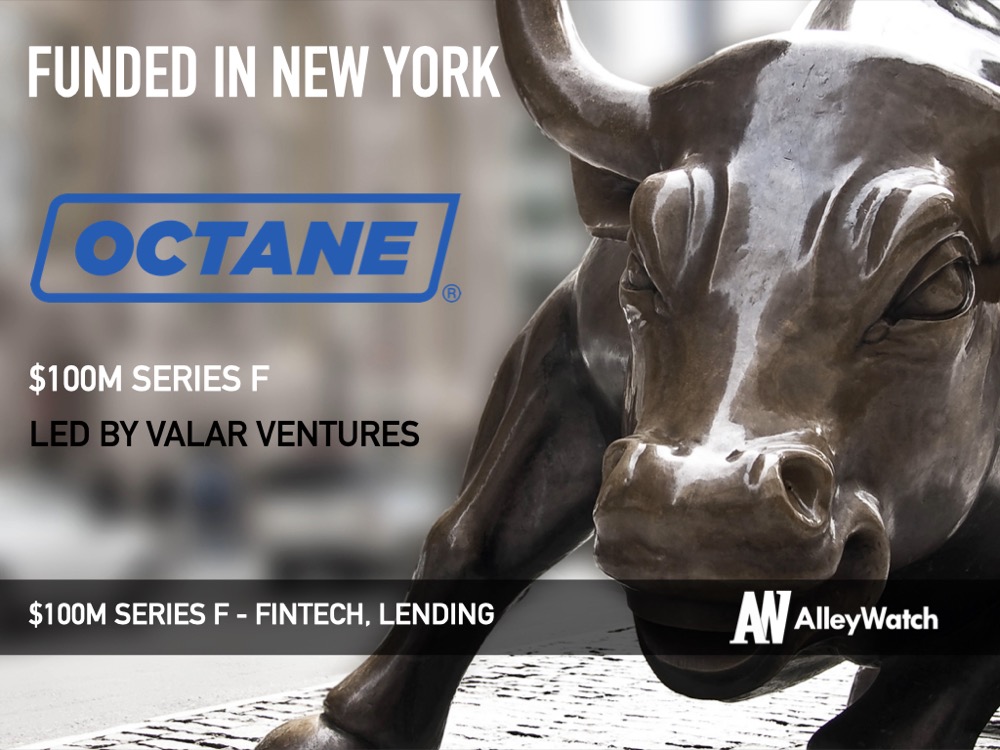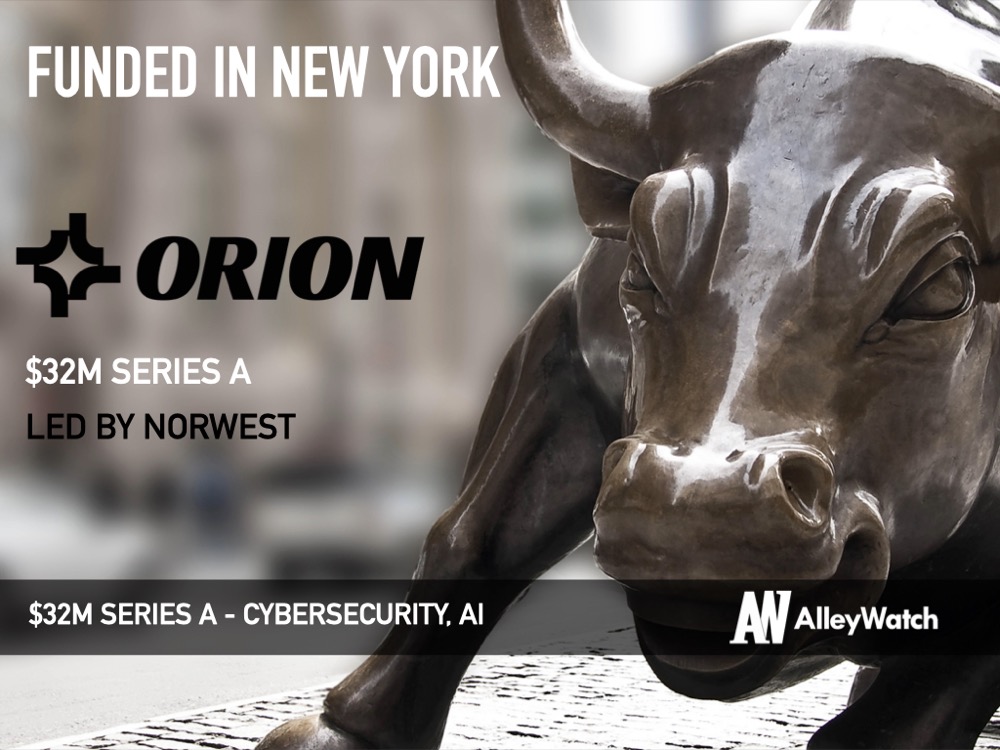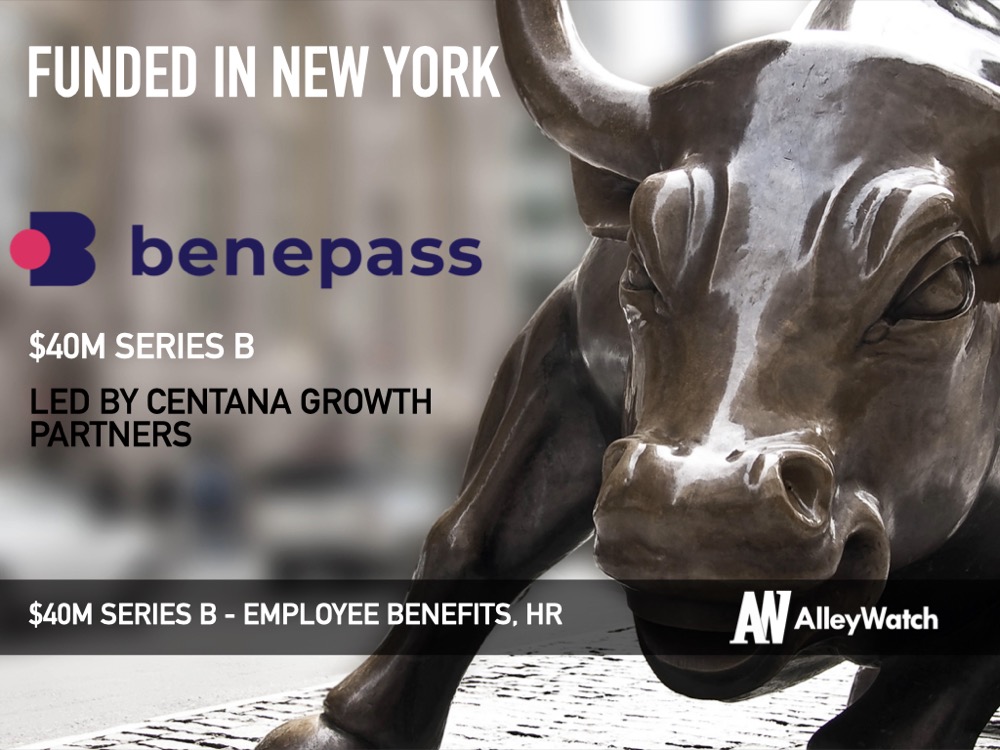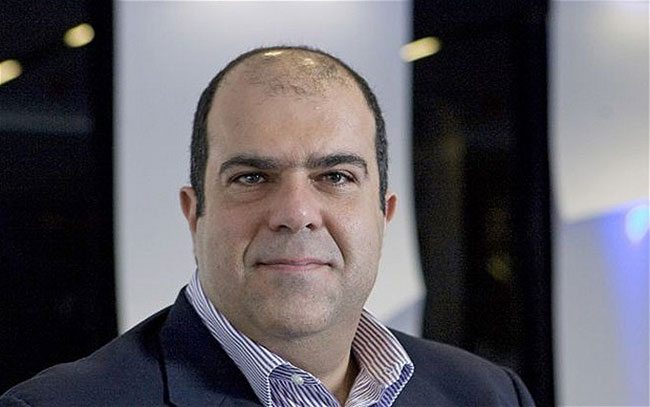Artificial intelligence
fromFortune
15 hours agoThe CEO of a $1 billion AI unicorn says his peers in Silicon Valley want you to fear for your job, but they're actually first on the chopping block | Fortune
Predictions that AI will imminently eliminate large shares of white-collar jobs are overstated and influenced by Silicon Valley hype, funding motives, and projection.


